Ireland is expected to generate over 100,000 tonnes of packaging waste this Christmas – a 4% increase on last year
Sustainability is the word on everybody’s lips right now, and we try to incorporate that ethos whenever we can. This is especially important to keep in mind around Christmas, a time that revolves heavily around consumption. Don’t worry – we don’t want to ruin the magic of Christmas, nor do we expect you to stop purchasing! We know that we’re all learning when it comes to being more environmentally aware, and we are all trying to do our best.
Thankfully, things are starting to change. A recent study by Repak found that almost half of people consider sustainability when purchasing Christmas presents and 92% of those surveyed agreed that they make a conscious effort to recycle packaging items correctly.
Over two thirds of us are reusing last year’s Christmas decorations and 46% are making a conscious effort to reduce their waste consumption over the holidays.
Here is our guide to help you be more mindful this Christmas, so you can do your part to make a positive impact on the world:
1. Cut down on wrapping paper
Did you know that 227,000 miles of wrapping paper are thrown away each year? Use newspaper and twine for a creative wrapping idea, or simply go without. Instead of a disposable gift bag, you could purchase a tote to put your present in: they are often low-cost and make a handy extra gift.
2. Mend and repair instead of buying new
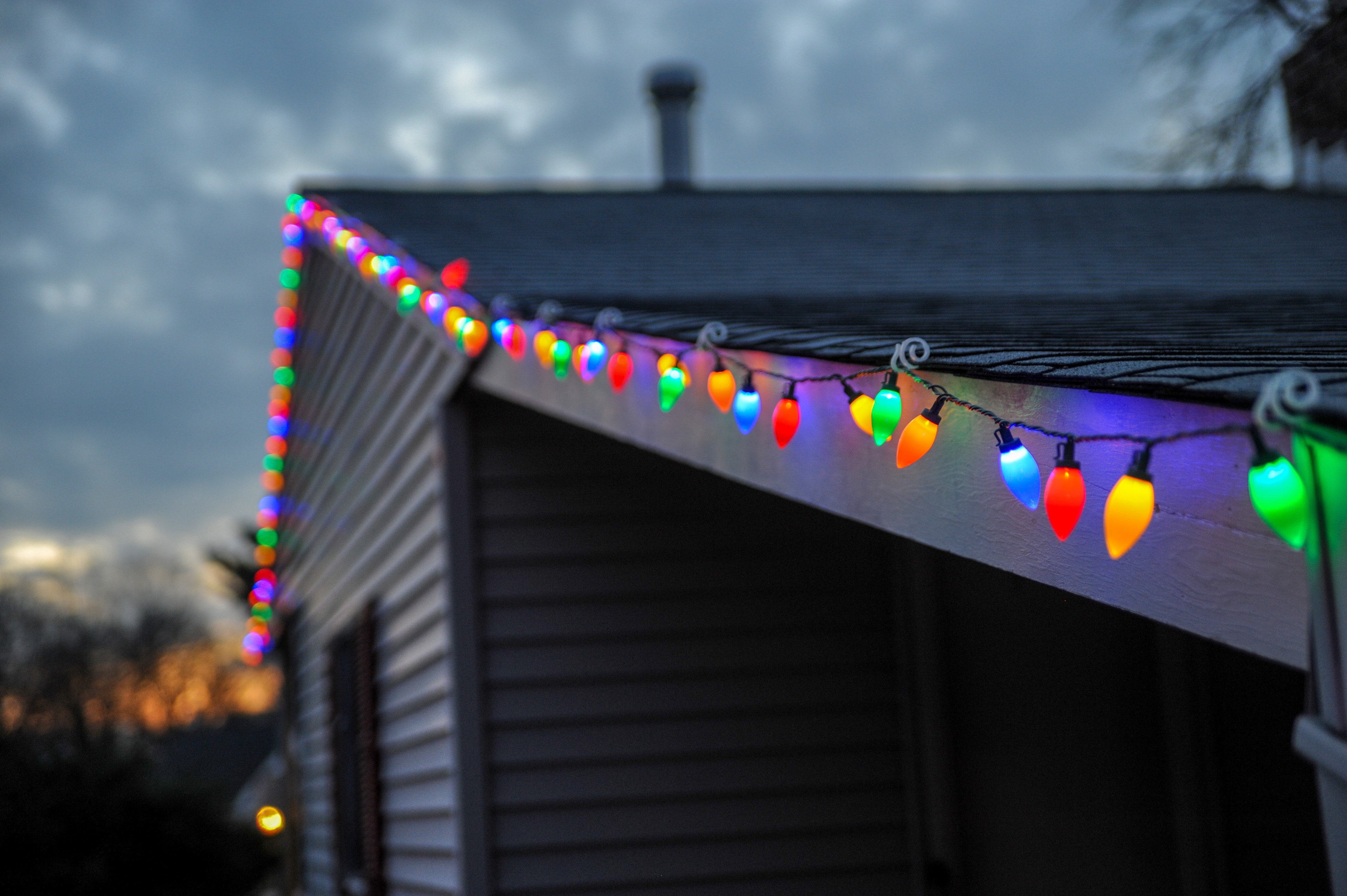
We all know the frustration of spending hours untangling Christmas lights and then having them break, and it can be tempting to just throw them in the bin. If this is happening, invest in a high-quality pair to last you through the years, instead of cheaper battery-powered options. If they break, take them to your local electrician to see if you can get a repair.
3. Be a conscious consumer
We all know the excitement of swiping a great bargain, and during pre- and post-Christmas sales, the average Irish person can very quickly ‘add-to-cart’. It is easy to get swept up and make a hasty purchase. Plan ahead and have a good think about what you want to buy first. Then, if you still need that new airfryer and you find it for 50% off, you’re in luck!
4. Shop local and #IrishMade
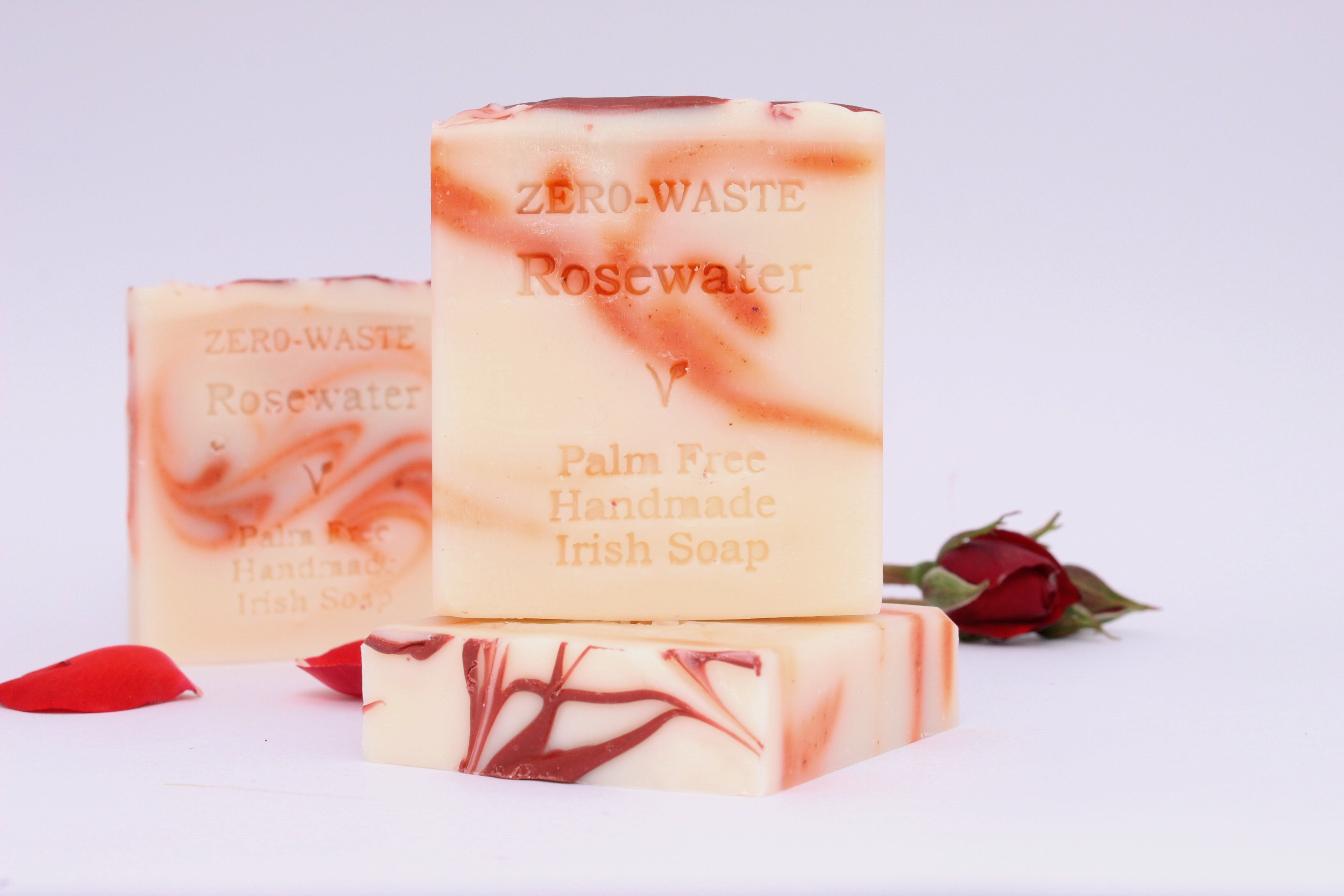
Christmas shopping can be stressful and most people now opt to buy online. However, try and make time to visit local retailers and have a browse in-person. We guarantee you will find some unique gems that stand out from the crowd, and you have the added bonus of supporting local Irish businesses. Check out the winners of our Irish Made Awards for some gift inspiration.
Instead of solely hitting the high street, check out Christmas craft markets for some beautifully crafted gifts.
5. Embrace the retro and re-use old decorations
Although it can be tempting, you don’t need to load up on new baubles and decorations every year. Dust off the old decorations and re-use them instead – they’re just as good, look festive, and probably have more sentimental memories attached.
6. Gift experiences, not things
When you have countless presents to buy, it is easy to go for quick, easy options. There are, however, plenty of thoughtful gifts you can give someone that don’t involve a physical product. Consider purchasing them a magazine subscription, donating to a charity in their name, or taking them for a fun day out. Wild Lights at Dublin Zoo, afternoon tea, or an art exhibition would all be fantastic options – and, unlike a physical present, the memories will last forever.
7. Re-gift!
Have you still got that bath set collecting dust in the back of your wardrobe, or that unopened wallet you never used? Don’t leave them go to waste! Re-gift it, so someone else can enjoy it instead.
8. Do a charity shop crawl
Charity shops are a treasure trove and have much more to offer than just clothes. Whether you need Christmas cards or some extra cutlery for Christmas dinner, a charity shop is a low-cost, ethical alternative to the high street. You’d be surprised at what you might find!
9. Get crafty
All gifts don’t need to be shop-bought, and just as much care can go into a homemade gift. Try making your own Christmas cards, or make an embroidery piece. A photo-book can be a beautiful gift and is sure to be appreciated by anyone who receives it. Have a browse on Pinterest for some craft-making inspiration.
10. Give the gift of nature

This Christmas, consider buying gifts that will be loved forever and will do the distance. House plants are a thoughtful present and they will always think of you when they see it!
11. Buy a live tree
Real Christmas trees are better for the environment, due to the lack of plastic, and naturally biodegrade. Plus, you get to fill your home with the festive tree scent – a win-win.
12. Make zero waste decorations
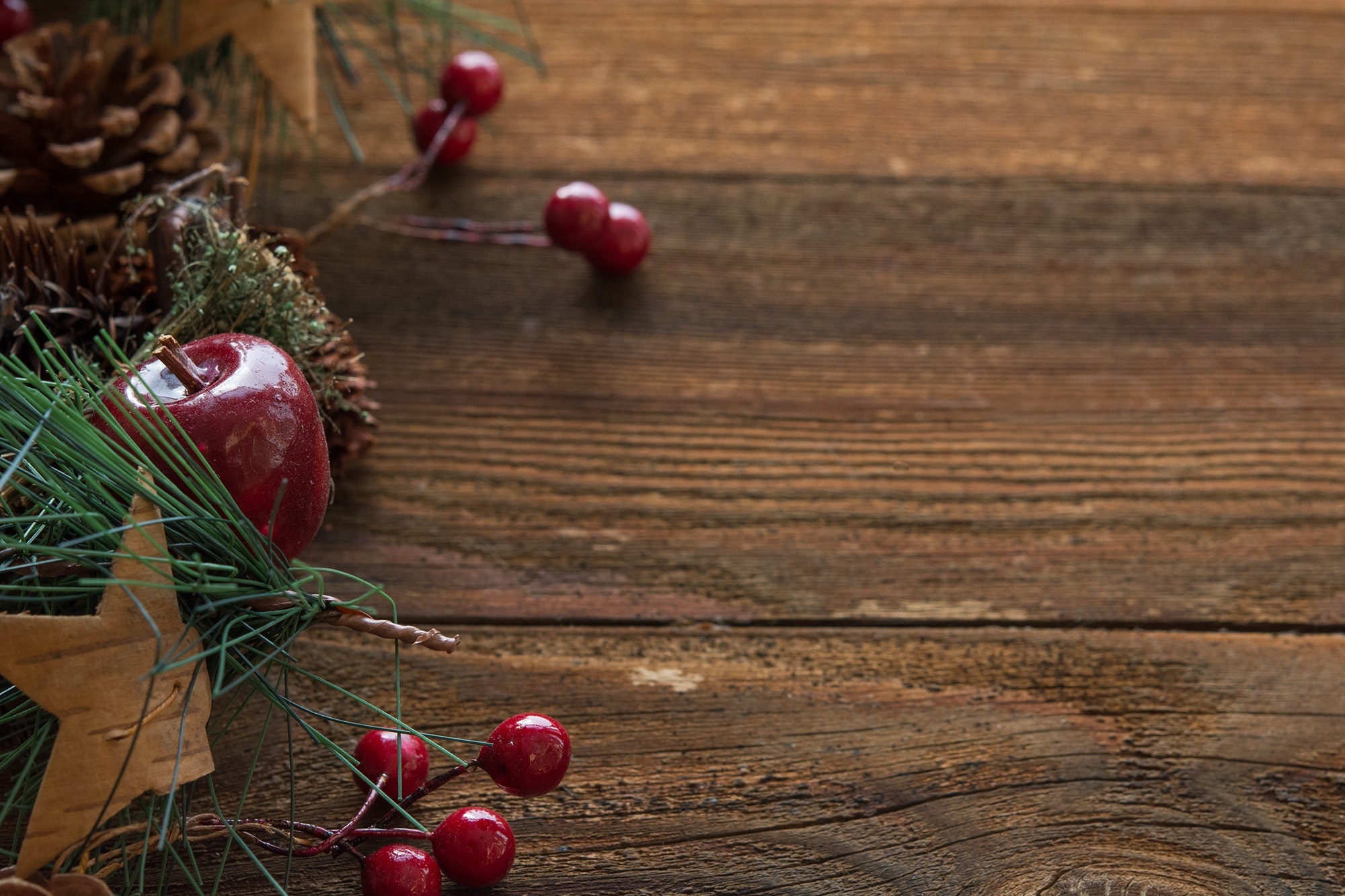
Create your Christmas decorations from natural materials to be kinder to the environment. Tree branches and pine cones can make beautiful rustic decorations that will have your home looking straight out of the pages of a magazine!
13. Be mindful with your Secret Santa purchases
Secret Santa can be tricky if you don’t know your gift recipient that well, and it can be tempting to just buy a generic, throwaway gift. Instead, try and gift something that is sustainable and long-lasting. Have a look at our Christmas gift guides for some thoughtful, budget-friendly options.
14. Gift your time

Volunteering is one of the most valuable acts you could do this time of year, so consider donating to charity or giving a few hours of your Christmas break to those who really need it. Have a look to see some charitable organisations near you that need help.
15. Make your party outfits sustainable
December can be a whirlwind of social events, with work dos, family get-togethers, and festive dinners. Remember that you don’t need a new dress for every event! Embrace re-wearing outfits and browse clothes selling apps for some pre-loved pieces.
16. Re-think Christmas cards
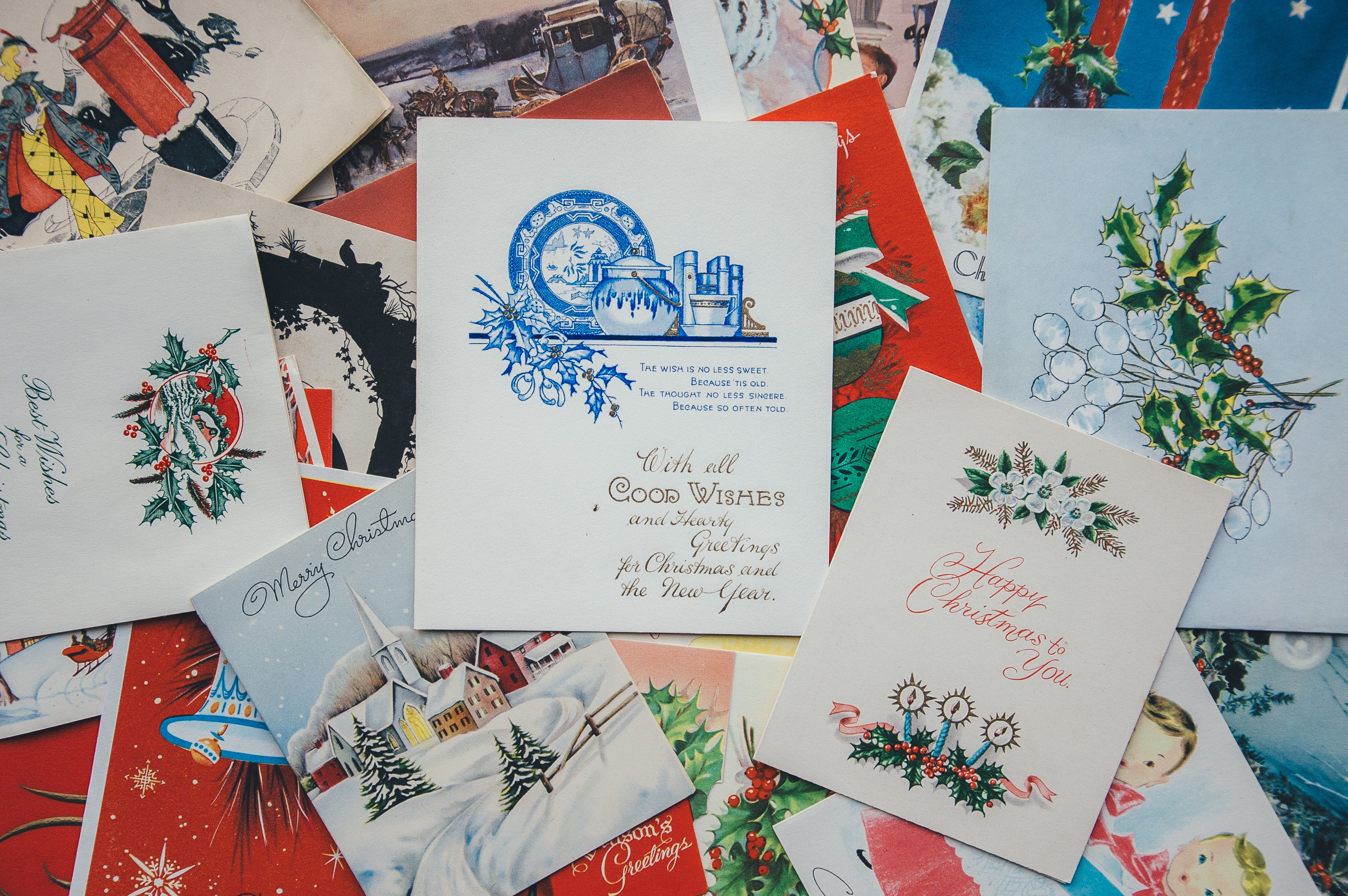
Billions of Christmas cards are sent every year – that results in a lot of waste. Consider sending an e-greeting instead of a physical one. If you are still a fan of handwritten cards, consider purchasing ones made from recyclable material or ones that support meaningful charities.
17. Entertaining? Hit the Refill Store for your kitchen needs
We love refill stores: they promote local produce, cut down on waste, and generally encourage sustainability. If you’re cooking for a group, or simply doing your weekly shop, try swing by your local refill store or co-op.
18. Stretch your legs on a refreshing winter walk
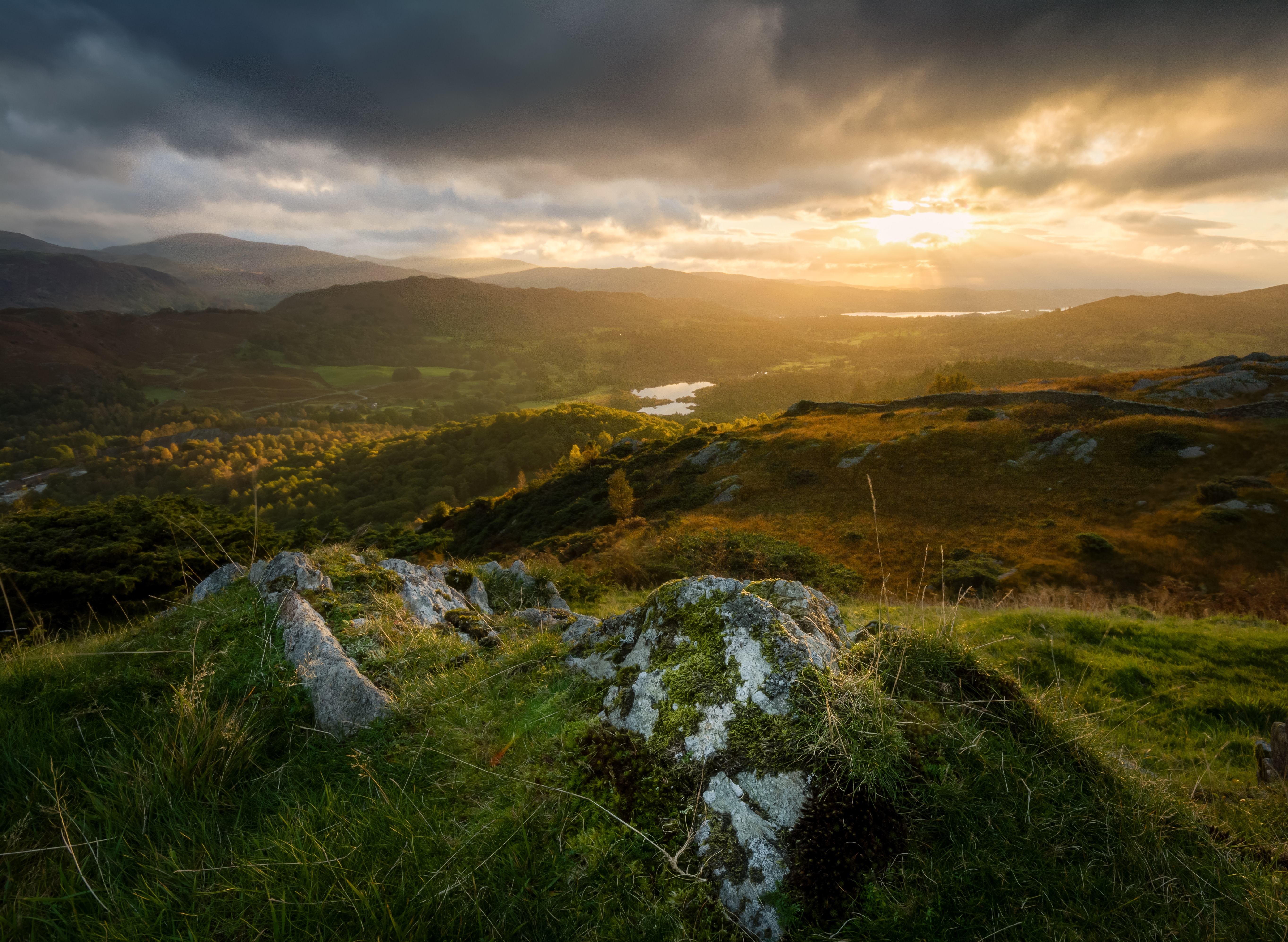
There’s nothing more refreshing than a crisp winter walk. Instead of using emissions by going for a drive, embrace the great outdoors and go for a stroll instead. If you’ve got a dog, make sure to check out these top 10 Irish dog-walking routes for some inspiration.
19. Roll up your sleeves and embrace baking
Avoid store-bought and try your hand at baking this festive season. It’s better for you, less waste, and you get the satisfaction of creating something yourself. Try out our festive wreath cake recipe using Siúcra caster sugar.
20. Going for Christmas drinks? Support local bars and pubs

Local businesses can struggle with large chains taking over, particularly in cities. If you are heading out for evening drinks, give your cash to local establishments. We’ve listed our top cosiest pubs city-by-city to help you out.
21. Take time for self-care
Christmas can be a hectic period, and busy schedules and financial implications can make it a source of stress. Make sure to incorporate self-care into your routine and make time for relaxation, too.
22. Organising Christmas dinner? Buy local
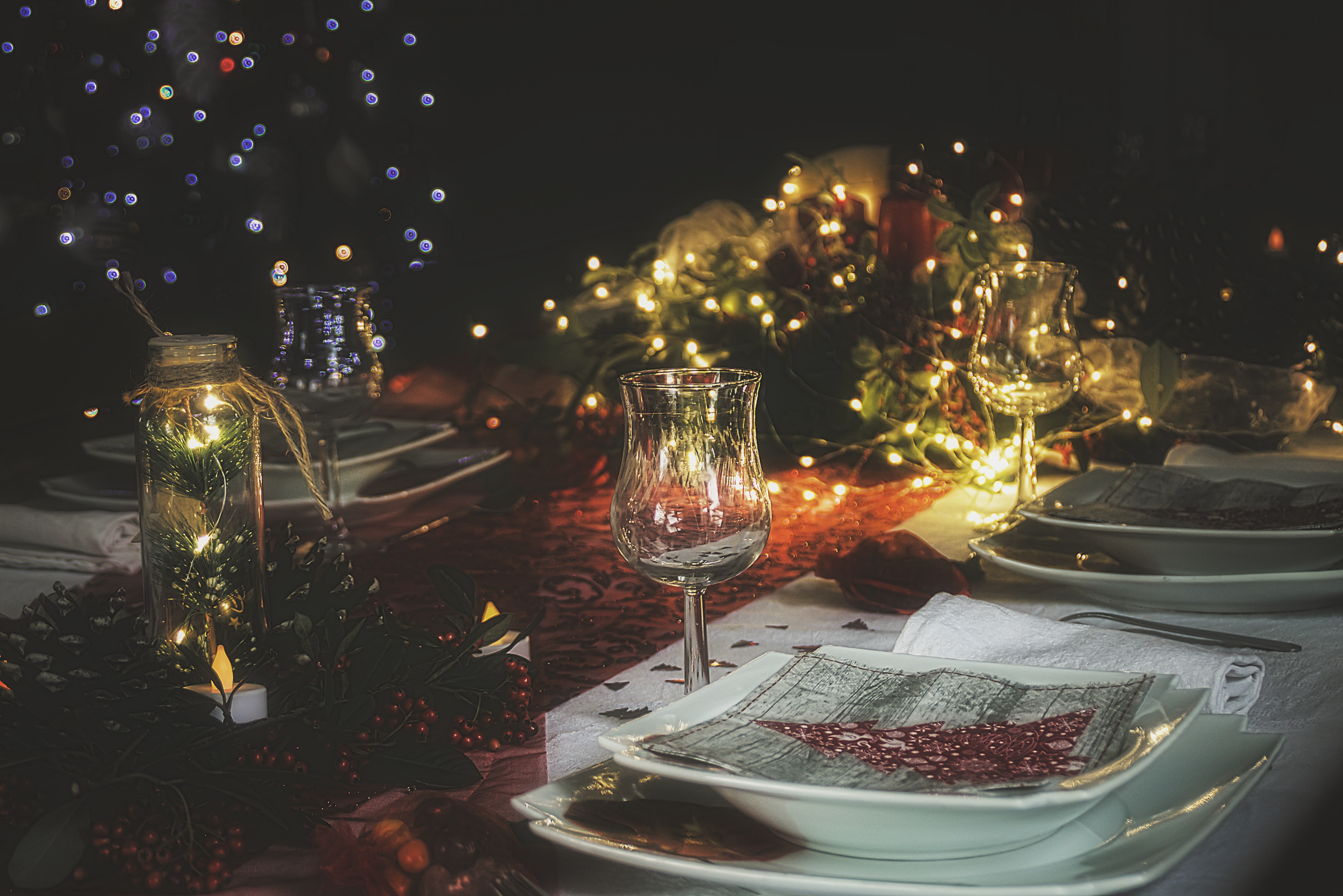
A Christmas dinner for 6 people uses roughly 44kg of CO2 emissions for the whole meal – and that’s excluding stuffing, gravy, or alcohol! To help prevent this, try to shop from local producers instead of the supermarket. They are more energy efficient as well as helping to sustain the local economy.
23. Go organic
Organic produce is better for the environment and the animals, so try to choose these options when you are preparing Christmas dinner. Keep an eye out for free-range labeling. Remember that you may need to order ahead or pay a little more for organic produce – but, for the sake of the planet, it’s probably worth it.









